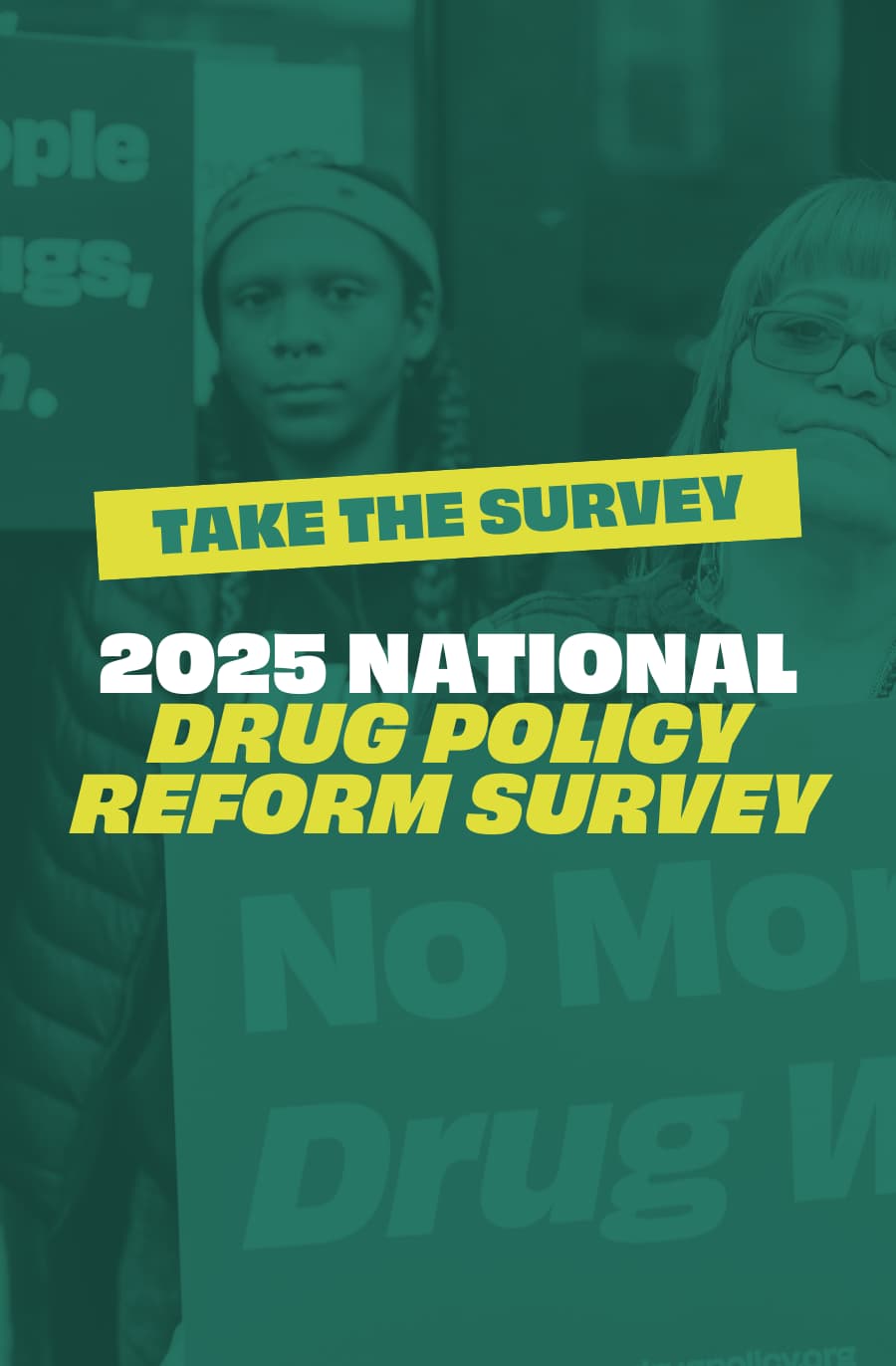
Tony Newman at 510-208-7711 or Shayna Samuels at 212 547 6916
| On Tuesday, August 1, busloads of people with family members incarcerated for non-violent drug offenses will arrive in Philadelphia for the largest-ever gathering of Americans against the drug war. This will be the third day of the first “Shadow Convention,” which aims to address key issues largely ignored by the major political parties during their National Conventions. The drug policy program at the Shadow Convention will take place on Tuesday, August 1 at the Annenberg Center, University of Pennsylvania, 3680 Walnut Street @ 37th from 10AM-10PM. Confirmed speakers include Governor Gary Johnson (R-NM), the first U.S. governor to call for marijuana legalization and other major drug policy reforms; Reverend Jesse Jackson, who will address the racially disproportionate impact of current drug policies; and Congressman Tom Campbell (R-CA), the first major party politician to run for statewide office on a platform that includes significant drug policy reform. “Millions of Americans now have a family member behind bars for violating the drug laws,” said Ethan Nadelmann, Executive Director of The Lindesmith Center-Drug Policy Foundation, which is organizing the Shadow Convention proceedings on the drug war. “This gathering is about giving a voice to those family members and others who have been victimized by a war on drugs that is doing far more harm than good.” Among the topics to be addressed on Tuesday, August 1 in Philadelphia are:
|


Notifications